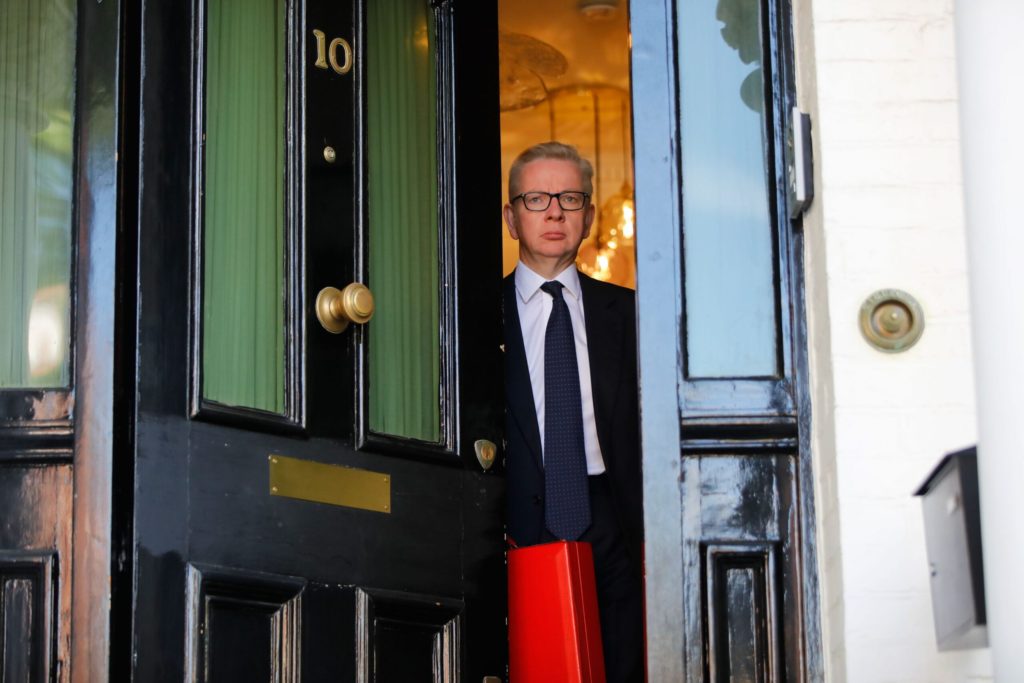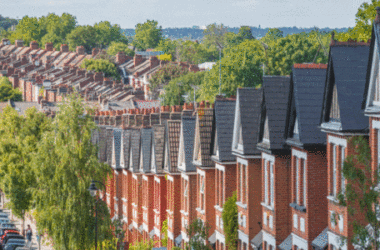Reset of market will be gradual as demand remains robust
Interest rates have risen for the fifth time in succession as the cost-of-living crisis continues to escalate, with inflation at a 40-year high. “However,” says Nicky Stevenson, MD of Fine & Country UK, “any reset of the property market is expected to be slow and gradual as demand for property remains considerably above pre-pandemic levels.”
She adds that the housing market continues to defy the wider economic rhetoric, but signs are emerging that the market is starting to reset. “At just 0.1% in May, Hometrack report month-on-month price growth fell to its lowest rate since December 2019, while the pace of price growth for newly-marketed properties continues to slow. Nationwide report annual house price growth in June is 10.7%, the fourth month in succession of price growth moderation, while mortgage approvals in both April and May have pared back to pre-pandemic levels. With the volume of new supply to the market edging upwards and rising mortgage rates set to cause a greater degree of price sensitivity in the market in coming months, more balance is returning,” Stevenson comments.

She notes that demand for properties continues, and sales volumes continue to hold firm. “According to HMRC, when seasonally adjusted, over 109,000 sales took place in May, 12% higher than the pre-Covid average between 2015 and 2019. Over 540,000 sales have taken place in the first five months of 2022, 7% higher than the average between 2015 and 2019,” Stevenson adds.
Financial data reveals that the UK economy contracted in both April and March following zero growth in February, the first time the economy has stalled in a three-month period since the height of the pandemic. Against this backdrop, the British Chamber of Commerce (BCC) and OECD have both downgraded their forecasts for UK economic growth. The BCC now predict growth of 1.8% in 2022, down sharply from 3.5% in its previous forecast. Meanwhile, the OECD predicts growth of 3.6% in 2022, which is down from 4.7%, with zero growth in 2023, down from the previously predicted 2.1%. Although growth is still expected this year, spiralling inflation and interest rates on the rise mean that concerns over a recession are starting to mount.
Stevenson says that the Bank of England has raised the base rate of interest to 1.25% in June, the fifth rate rise in succession, as rising costs pushed inflation to a 40-year high of 9.1% in the 12 months to May. “It is predicted this could well reach 11% by October when the energy price cap is set to rise again. Although average wages continue to rise, in real terms pay is falling as pay increases are subsumed by cost of living rises. According to research by ONS, over 40% of adults are buying less food than usual as the squeeze continues,” she adds.
Stevenson notes that the long-awaited initial findings of the 2021 Census have finally been published. “Conducted on the 21st of March 2021, data from this census will provide a unique snapshot in time as people began to emerge from the third national lockdown. One of the reasons behind the consistent demand for housing is the population growth. At 59.6 million, the population of England and Wales was the largest ever recorded through a census, having grown by 3.5 million, up 6.3% since the last census in 2011. The number of households also increased by just over 6%, rising by 1.4 million to 24.8 million,” she says. “Data from the census indicates that the East of England and South West England have proportionally seen the most significant increases in population, with rises of 8.3% and 7.8% respectively. Unsurprisingly, they also top the league for household growth. By size of its population, the South East is the largest region with 9.3 million, followed by London with 8.8 million. These two regions account for 30% of the total population of England and Wales,” Stevenson concludes.
Housing Minister Stuart Anderson resigns, will Gove go too?

Amid the phalanx of resignations, Michael Gove still sits as Housing Secretary and the great leveller. The big question is for how long?
Given the shape of Boris Johnson’s government, getting ever close to 20 resignations, including the giveaway chancellor Rishi Sunak and the health secretary Sajid Javid, it is clear that a new prime minister and a new cabinet will be in place in short order. Does this mean that housing and real estate matters will once more be put on hold?
Is Gove going for gold and will he put himself forward as a candidate for the prime position? Given the lack of support he has received in the past it is unlikely, but with housing and specifically big topics like the renters’ reform in the letting vertical at a critical stage, here we are again, looking to spin the roulette wheel.
Updates
Michael Gove tells Boris Johnson to resign as 5 ministers quit at once saying ‘step aside’ [Mirror]
Silence from Gove and DLUHC team amid growing ministerial resignations [GLC]
Andrew Stanton is the founder and CEO of Proptech-PR, a consultancy for Founders of Proptechs looking to grow and exit, using his influence from decades of industry experience. Separately he is a consultant to some of the biggest names in global real estate, advising on sales and acquisitions, market positioning, and operations. He is also the founder and editor of Proptech-X Proptech & Property News, where his insights, connections and detailed analysis and commentary on proptech and real estate are second to none.












